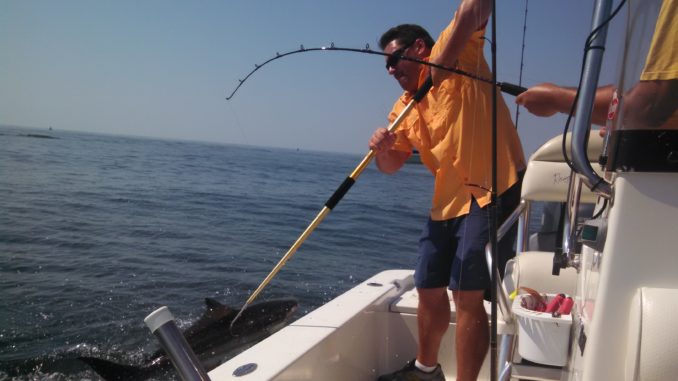
May and June offer great opportunities for fishermen who dream of hooking up with a powerhouse, 50-pound cobia just off the beach. But anglers must act fast if they want to get a hookup, because no matter how lazy these fish appear when cruising along the surface, they become less and less catchable every minute a boat is on the scene.
“Even when the fish are in the deeper water, they will stay on top most of the time; they are easy to see in our clear water,” said guide Jot Owens, who noted that cobia appear to be unafraid of a boat, especially if the engine is off, but the longer the fish hang around, the more leery they will become.
“Make sure to throw the fish a bait or lure quick, because the long they hang around the boat, the least likely they will bite,” he said.
A fish swimming up to the boat isn’t always coming up to feed, and some anglers believe when fish approach a vessel, the probability of a hookup is dismal. Owens prefers to keep his distance and uses stealthy tactics at all costs.
“I try to get him hooked before they see the boat. I like to keep the fish barely in casting range,” he said.
No doubt, the fish are hungry and would love a solid meal this time of year, but a pressured fish will not bite.
Cobia often travel in pods of two to four fish in late spring, and if fishermen want to double up or hook multiple fish from a group, they must be hooked simultaneously; once the battle begins, other fish may vanish or become unwilling to take a bait or lure, even if it’s presented perfectly.
Owen’s best advice is to always be ready with multiple rods rigged with a variety of lures and bait offerings. As soon as the fish are spotted, shut off the outboard motor and begin casting as soon as possible.

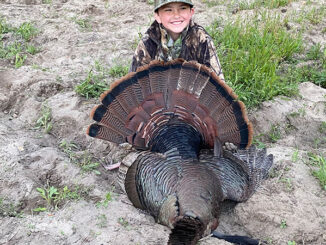
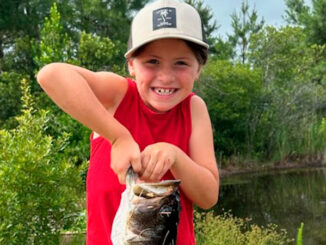
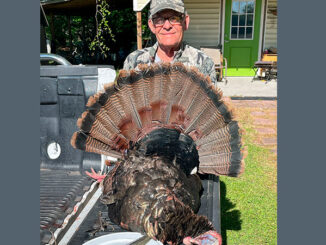
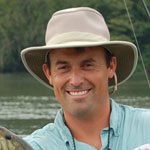
Be the first to comment